Introduction
It only takes a few moments; one moment your dog is wandering around in the backyard. The next, you observe something really appalling – Your Dog Ate a Mushroom in the Grass! It becomes stressful for any person that owns a pet to  experience such a scenario as illustrated above. It is one thing to be aware of what actions you need to take but it’s quite another to also know the dangers.
Recognizing the Problem
When You Caught Your Dog with a Mushroom in the Grass the first knowledge to gain is whether the mushroom eaten by your dog is poisonous. The vast majority of mushrooms growing in the wild do not pose a threat to people, but some can provoke severe health problems.

Possible signs include vomiting, diarrhea, salivating and lack of coordination. You see, recognition happens differently in any case, but when it is fast, everything can change for the better.
Immediate Actions to Take
If your Dog Ate a Mushroom in the Grass, act fast:
- Make sure you have no mushrooms left in your dog’s mouth.
- He cuts a sample of the mushroom so that it will be identified for him later.
- Consult your veterinarian or a veterinarian or pet toxin hotline at once.
- Prevention is always better than cure when it comes to possibly poisonous substances or food.
Potential Health Risks - If your Dog Ate a Mushroom in the Grass, you need to observe these symptoms because different types of mushrooms pose different health threats to your dog. While some can only cause mild upsetting of the bowels, others cause the failure of liver or kidneys.
- Your vet may suggest having the blood test to see if the organs have been affected.
How Veterinary Doctors Deal with Mushroom Intoxication
The treatment will depend with the type of mushroom your dog ate. If your Dog Ate a Mushroom in the Grass, your vet might want to make your Dog vomit or provide him with activated charcoal to halt toxin uptake. In some extreme conditions, then hospitalization and intravenous fluids could be required.
Preventing Future Incidents
To prevent having to contend with a Dog Ate a Mushroom in the Grass occurrence, check your lawn for mushrooms often and remove them. Teach your dog not to go nearer to unknown plants and, regardless of their strong desire, take them on a leash when moving through the thickets.
Why Dogs Eat Mushrooms
Understanding why your Dog Ate a Mushroom in the Grass keeps the situation from happening again in the future. Sometimes dogs might have an interest or sniff that particular type of food or even it’s the texture of the food, mushrooms in this case. If they start to whine, it could also help to give them safe, tasty items to chew on during outdoor time.
Natural Curiosity May Be Fatal
Dogs always like to probe and be curious, and the time your Dog Ate a Mushroom in the Grass tells you it is time to watch what they are doing. Concern with pet safety is important and a major part of being a responsible pet owner is making sure that outside area is safe for a pet.
When to Worry
In fact, not all mushrooms is toxic however if your Dog Ate a Mushroom in the Grass , the best thing to do is that seek professional help. Although a non-toxic mushroom for some may provide an upset stomach or an allergic reaction to other dogs.
While Waiting for the Vet
If your Dog Ate a Mushroom in the Grass and still you are expecting opinion from the veterinarian you should keep you eye on your dog. Do not feed them or make them throw up unless told so by professionals but make sure to keep them calm and give them water. Each and every second is precious thus do as the veterinarian advised.
Some all known symptoms of mushroom poisoning as follows:
If you witness your dog consuming a mushroom in the grass try to observe signs such as excessive salivation, frequent defecation, or shivering. worse signs; and these are seizures or collapse. These symptoms can emerge within the few subsequent hours; therefore, urgent intervention is crucial.
Mushrooms to Watch Out For
Not all mushrooms are poisonous but some mushrooms are very poisonous if your Dog Ate a Mushroom in the Grass. Some of the most serious ones are known under such names as Amanita or Death Cap mushrooms. This in turn can only be treated if the specific type of a mushroom is determined.
Mushroom Supplements for Dogs That Are Safe
Do wild mushrooms contain nutrition that dogs require to eat? If you find your pet wondering around with Grass in mouth or if your Dog Ate a Mushroom in the Grass out of curiosity, then it would be useful to provide better encouragement. cooked mushrooms bought from stores are can also be a good snack for your dog but always seek advice from the vet before feeding your dog any new food.
Importance of Quick Action
Timing is very important when your Dog Ate a Mushroom in the Grass. Usually some of the mushroom toxins have the onset of very mild symptoms but they can bring delayed effects. It’s critical to act early and fast because these issues can potentially be fatal to your dog and may cause sever complications.
Training Tips to Avoid Mushroom Eating
If your dog ate a mushroom in the grass then perhaps it is time to go for some training. Help your dog learn that there is anything wrong with eating objects by giving them the command ‘leave it’. Rewarding children would make their trips to the outdoors more safe.
[mushrooms] around your yard.
Say, your dog chewed on a mushroom in the grass – understanding what mushroom might be in your lawn will let you avoid such a tragedy. All you need to do is familiarize with mushrooms – if you can’t name it, maybe local specialists will be of help. Daily yard check-ups can prevent the chances of your dog coming across a dangerous item before you take it to the junkyard.
The client’s ability to recover after mushroom ingestion
If after your Dog Ate a Mushroom you found them in the Grass, the way your dog is going to be back to normal depends on what kind of mushrooms were consumed and how much of them. Some signs may disappear shortly, while others may need months of treatment in severe cases of poisoning. You vet will help you in the process of recovering your pet.
Supporting Your Dog’s Health
You can build up your dog’s immunity by feeding the dog with proper foods and taking them for regular checkups at the vet. If your Dog Ate a Mushroom in the Grass, how you care for your pet will significantly determine how they feel concerning the treatment process. Proaction and treatment are complementary of each other.
Final Thoughts
Learning that your Dog Ate a Mushroom in the Grass is frightening, but knowing what is necessary to do will help safeguard your pet. Always be alert, obedience training is helpful, and always keep your premises secure. Prevention is better than cure and I bet you this could go a long way in your pet’s safety.
Pet Poison Hotlines and Their Function
If your Dog Ate a Mushroom in the Grass, the next thing to do is to(deck and call a pet poison hotline). All of these services are provided by those who are well-capable of assessing the risk and what the further action should be. We should always remember to have the hotline number within our vicinity in case emergencies occur.
10 Beliefs People Have regarding Mushrooms and Dogs
Many people believe that dogs do not eat toxic mushrooms because the odor of the mushrooms repels the dog. If your Dog Ate a Mushroom in the Grass, you can disprove this myth. Unfortunately, for dogs, they cannot differentiate between the edible healthy type and the toxic kinds hence the need to prevent it at all costs.
Examining the Late Consequences
In other cases, signs do not manifest right after you discover that your dog ate a mushroom in the grass. Amanita for example might cause organ damage after the affected individual has taken some time to develop symptoms. Do not think that your dog is okay if he appears healthy immediately after nibbling it.
This follow-up is aimed to be implemented in Veterinary centres as it will entail various aspects of veterinary care
Even after the episode of your Dog Ate a Mushroom in the Grass, post care is as crucial as pre and actual care. Your vet may want to run more tests in order to eliminate the chance of permanent harm. These diseases can be checked from time to time at vet sessions to determine the recovery of your dog.
The Danger of Moldy Mushrooms
Mushrooms produced in lawns that contain decaying grass or compost piles especially are dangerous. If your Dog Ate a Mushroom in the Grass, admitting that it was moldy, the danger that the toxins poses will double or even triple. Throw away any decaying matter that would be toxic to your dog by clearing your yard once in a while.
Outdoor Supervision Matters
Remember that many of the situations, such as when your dog ate a mushroom in the grass, is often a matter of outside observation. Be careful during perambulation or when playing if there are mushrooms on the nearby vicinity. Paying attention prevents your dog from eating something which may harm him.
Why Mushroom Identification Is so Challenging
That is why the experts themselves have a problem distinguishing mushrooms. If your Dog Ate a Mushroom in the Grass, try to take a picture of the mushroom to show the veterinarian. Never try to do it yourself if you are not familiar with mycology that is the study of fungi.
Dogs and Curiosity: A Risky Combination
Dogs sampled the world through touch, and often even if they put something in their mouth and of course, smell. If your Dog Ate a Mushroom in the Grass there were two things at play – curiosity and instinct. Although such actions are quite natural, they require parents to capture the child’s attention and direct it toward safer objects.
Keeping Your Yard Pet-Safe
To help avoid the situation where your dog ate a mushroom in the grass, you should make a habit of scanning your lawn for dangerous items. Drain all mushrooms, weeds or any unwanted plant from the ground. When you ensure that the yard is well maintained, then your pet will be safe within the compound.
The best defense is knowing what you’re up against You need to know what is out there that is capable of endangering your life.
To ensure that your dog does not come across these mushrooms, it is wise to learn some of the signs that you need to avoid when out in the woods. So, if your Dog Ate a Mushroom in the Grass, you are in the perfect place to learn how to act fast. Inform yourself on the issue and pass this information on to others you know who own pets.
Conclusion
Finding out that your Dog Ate a Mushroom in the Grass is always tense but adaption and alerting help to reduce consequences. It is recommended to do the same with your vet and also learn ways on how to avoid such an incident from happen again. And the general rule is to be as prepared and informed as you can to be sure your furry friend is safe.

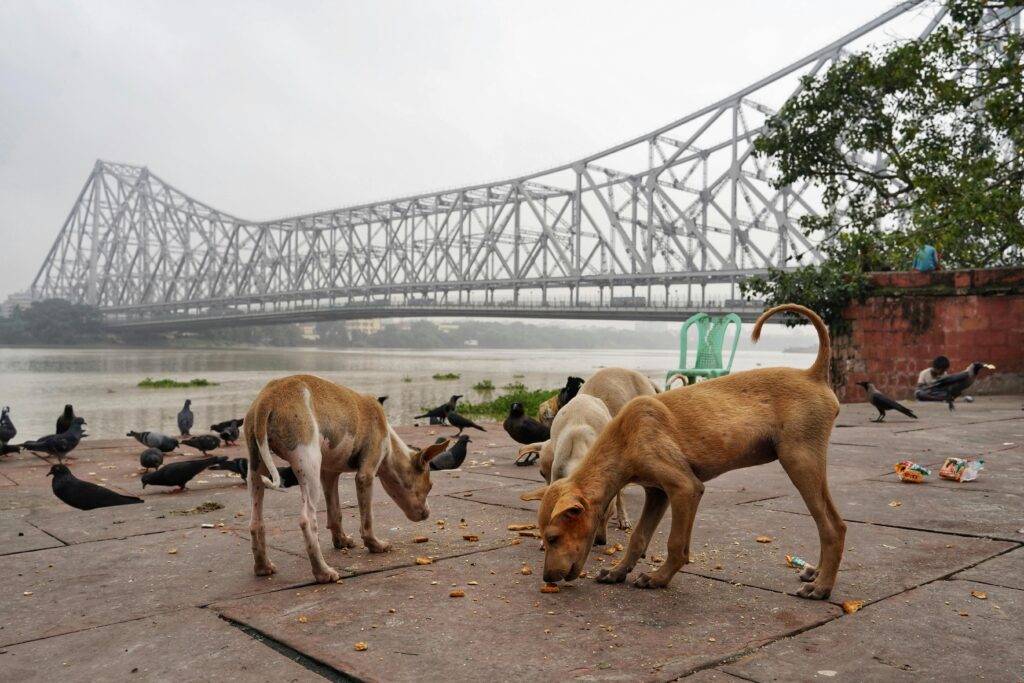
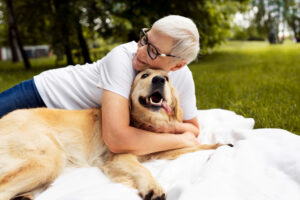
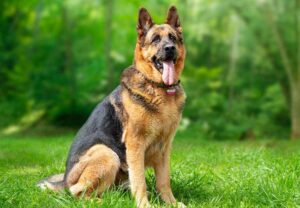

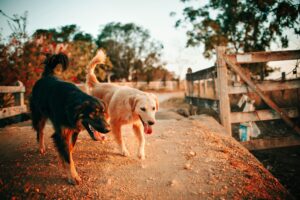

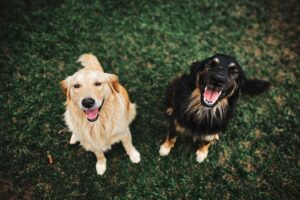

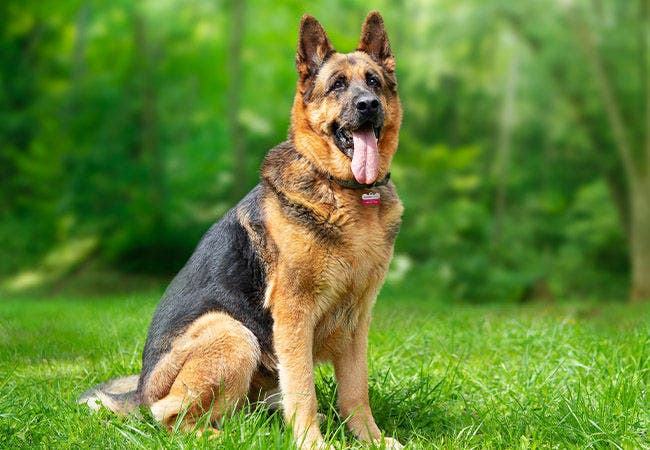

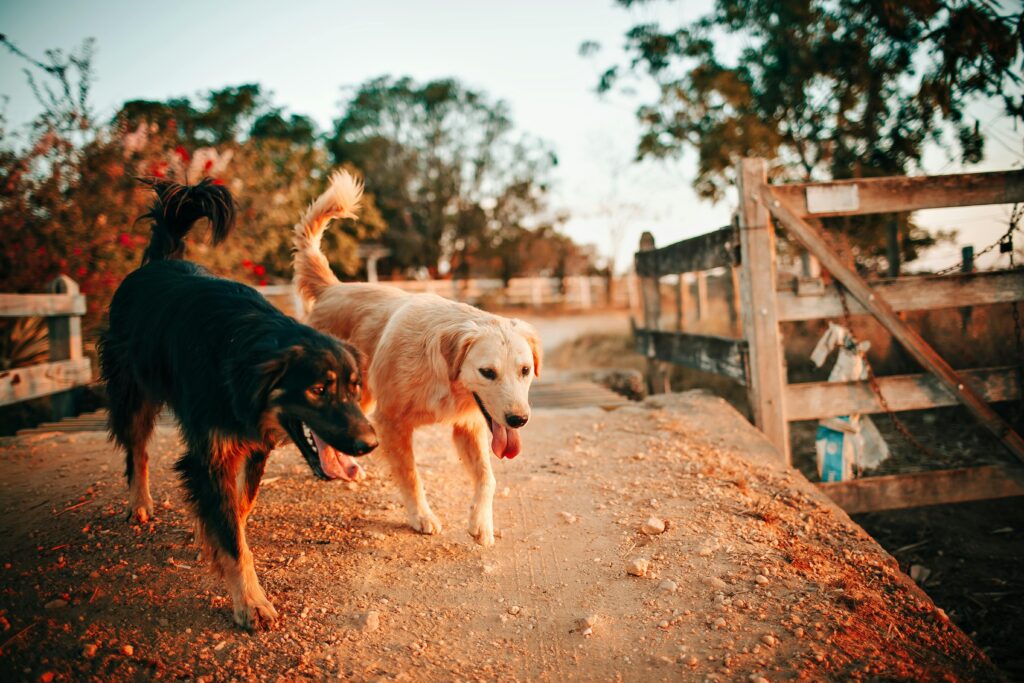

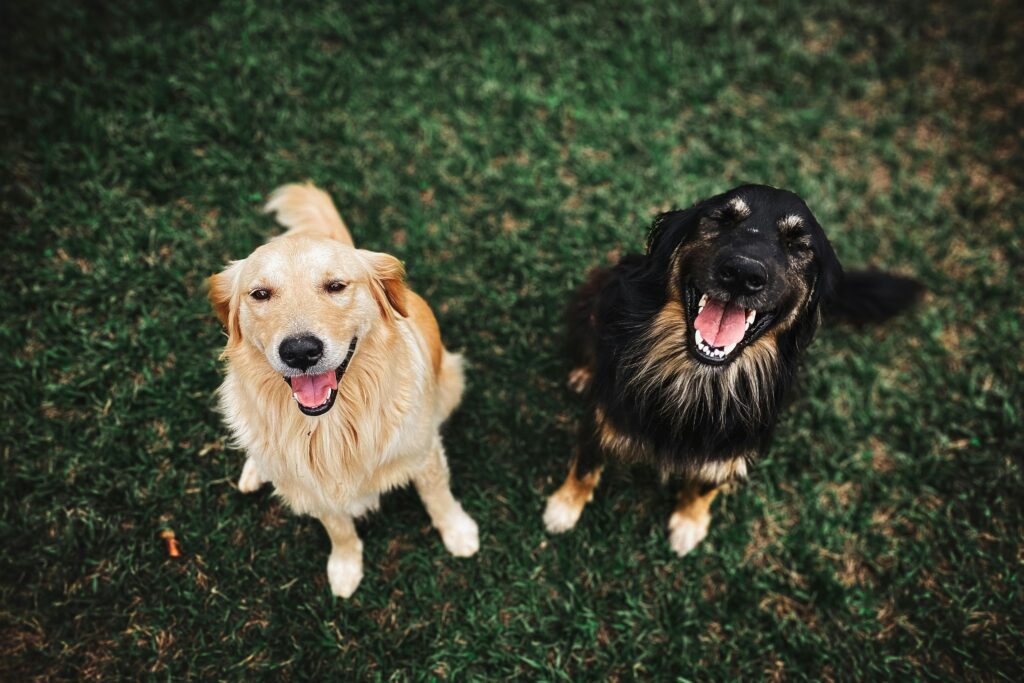


3 thoughts on “My Dog Ate a Mushroom in the Grass: What Should I Do?”